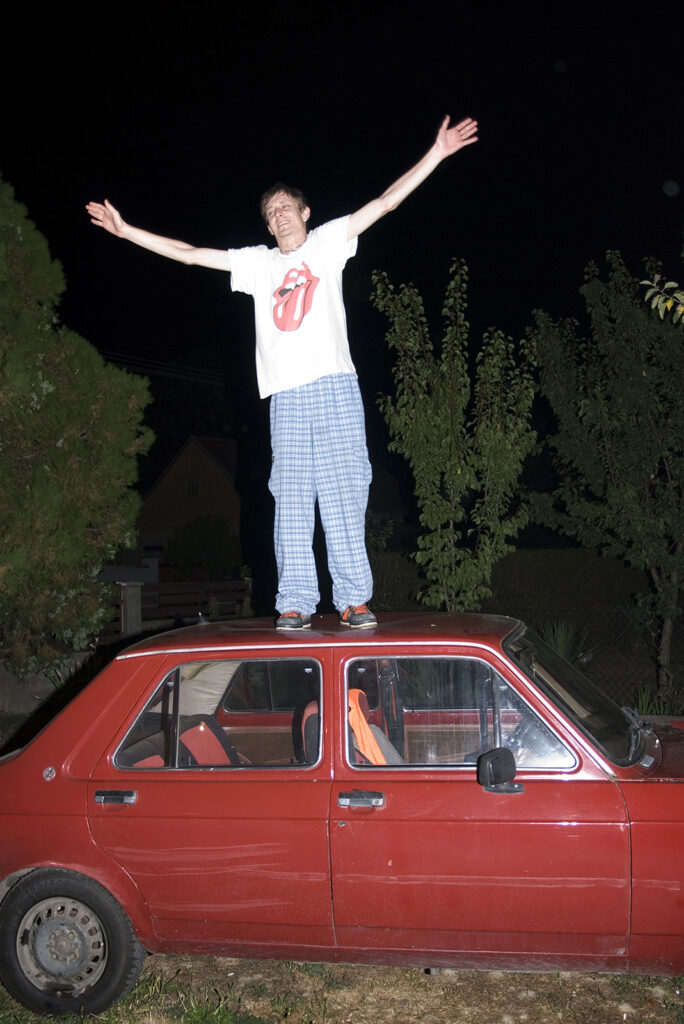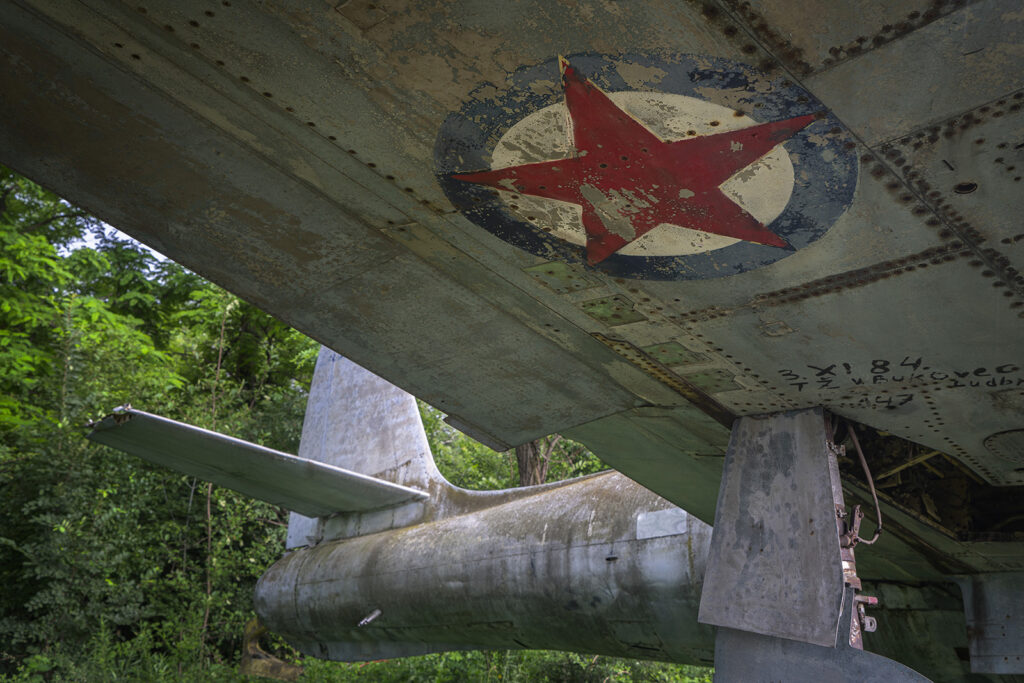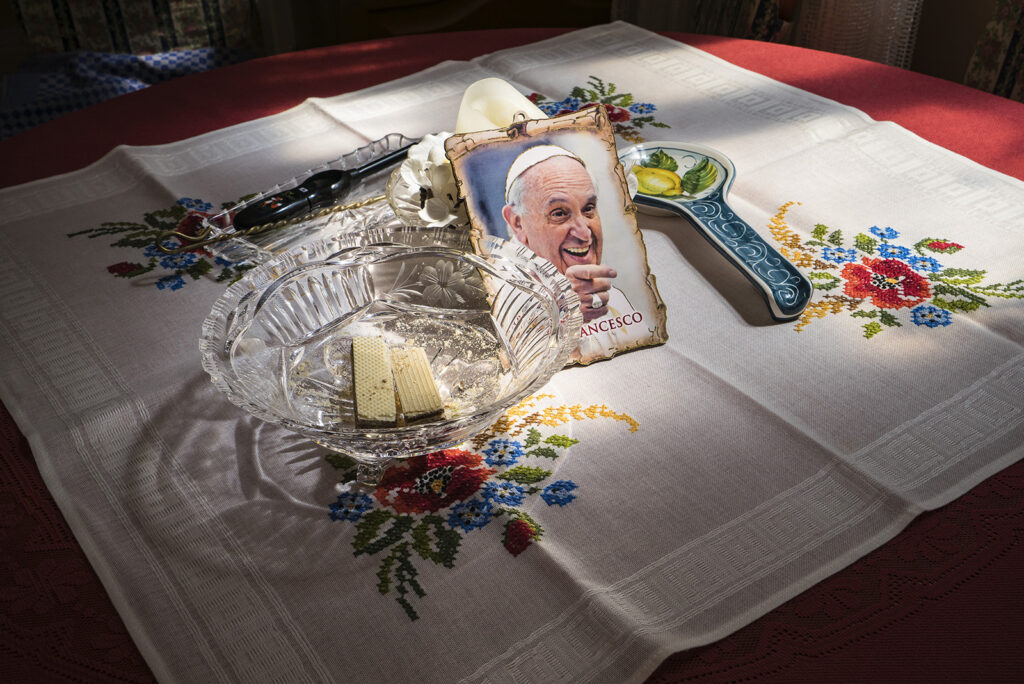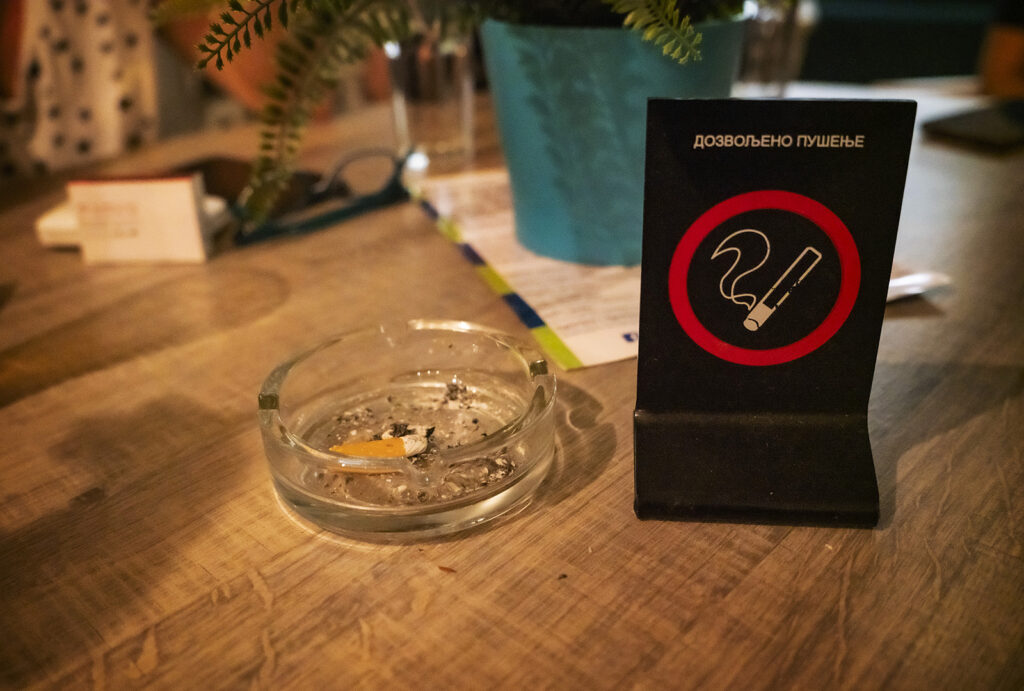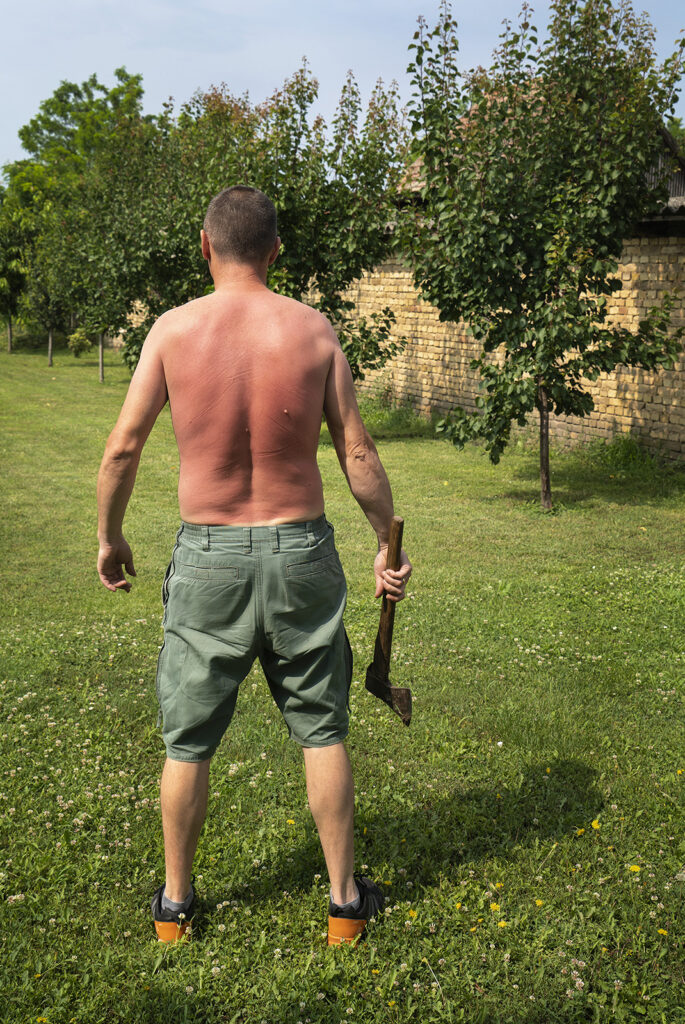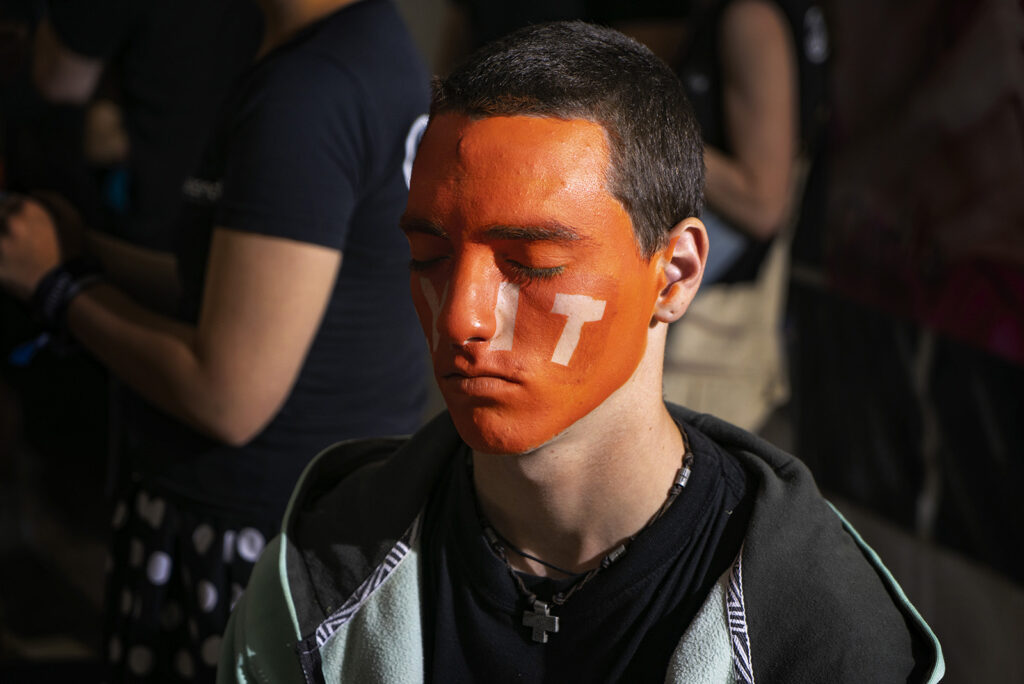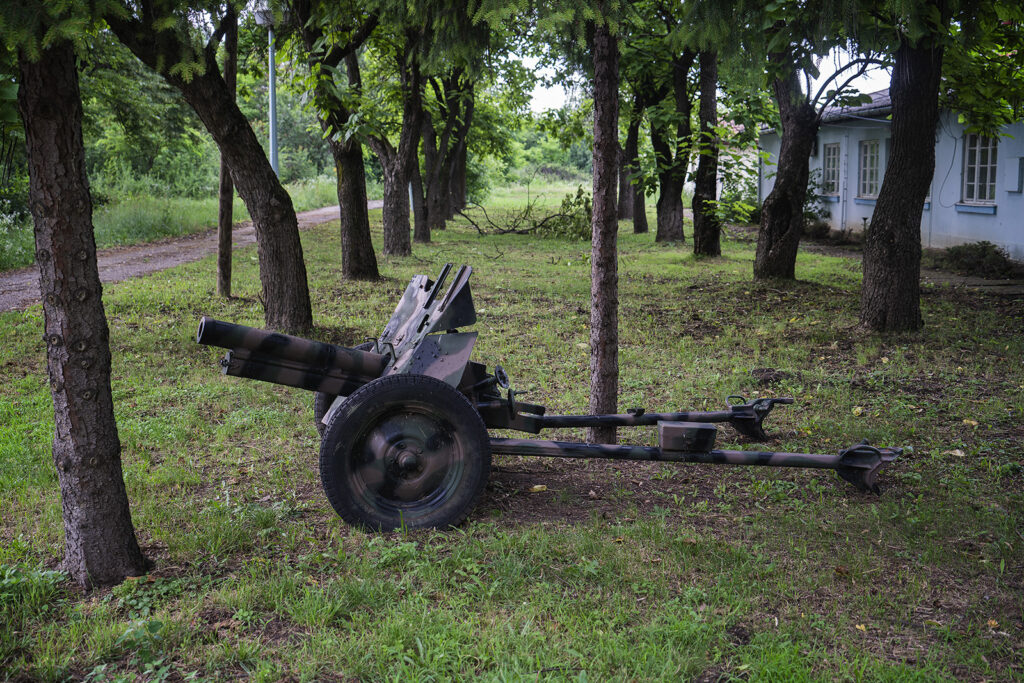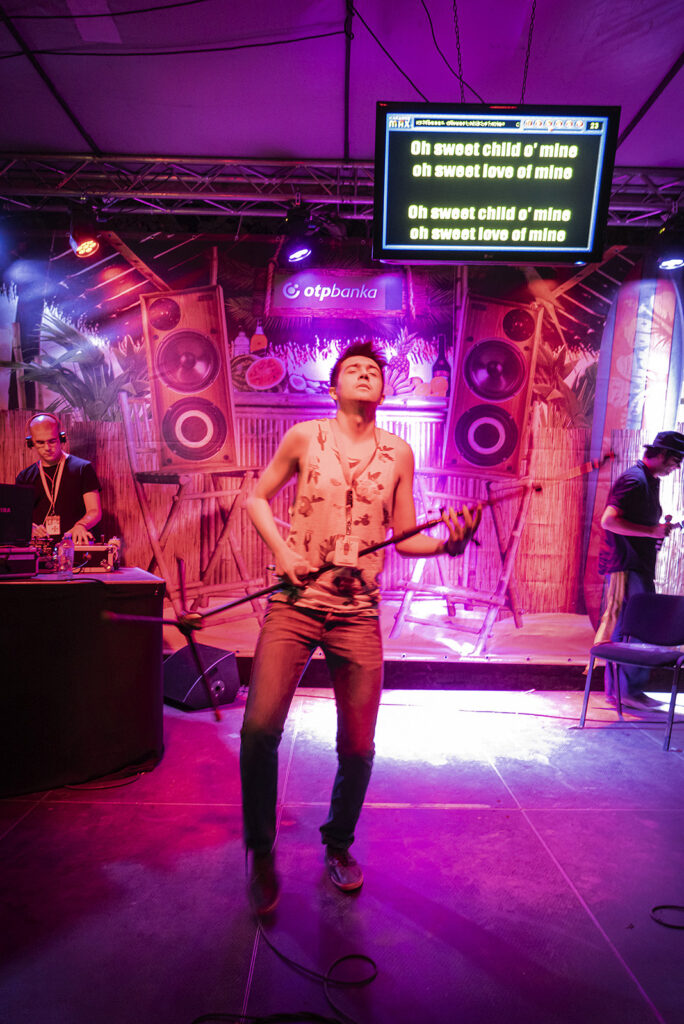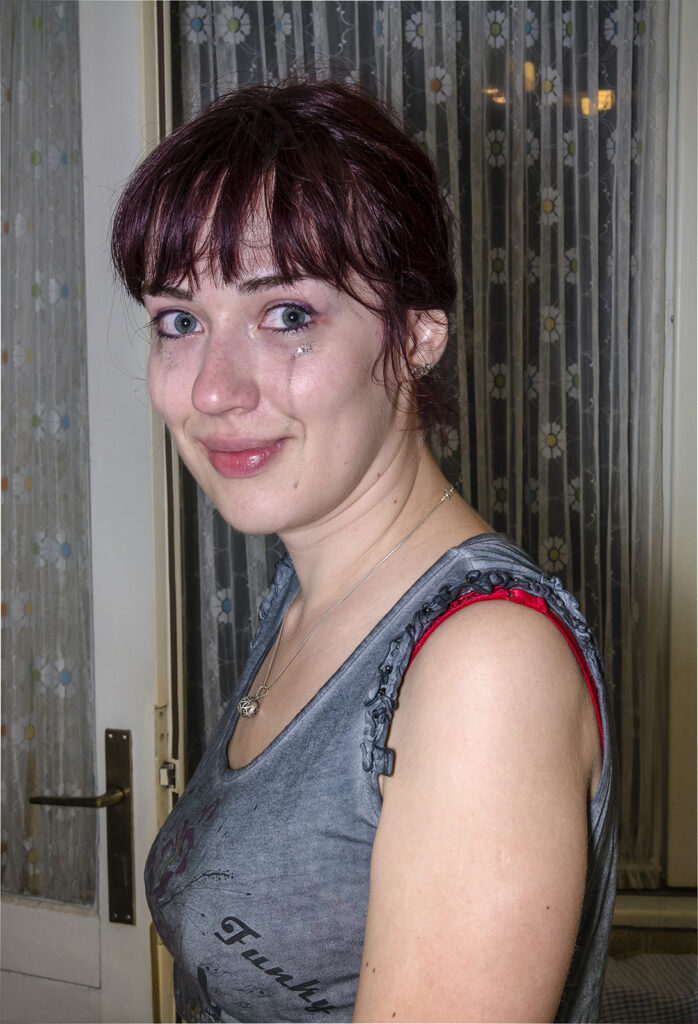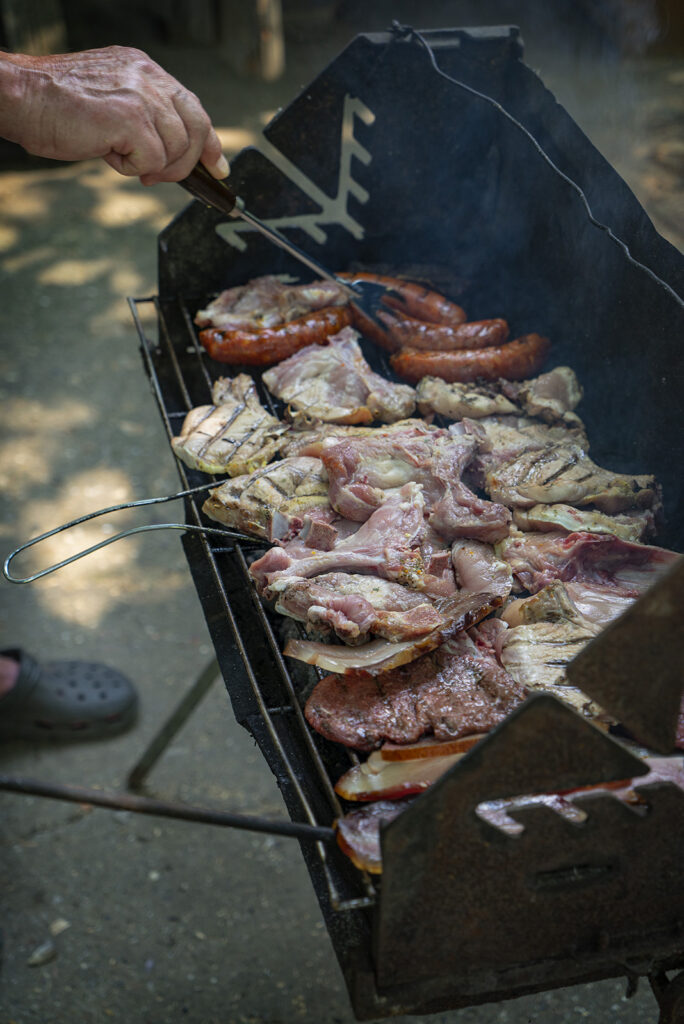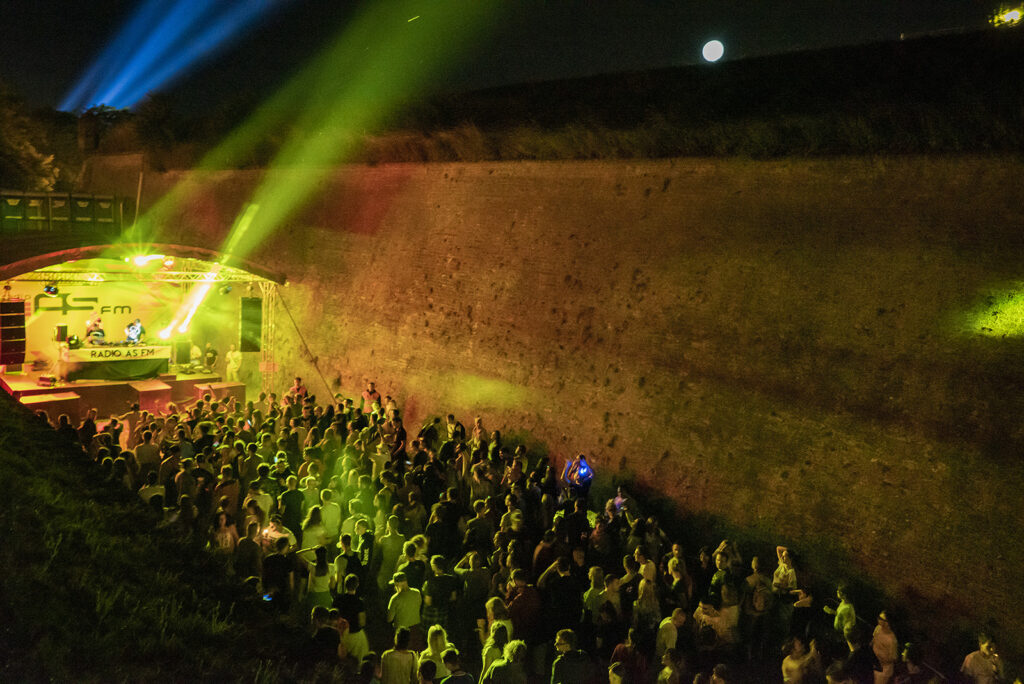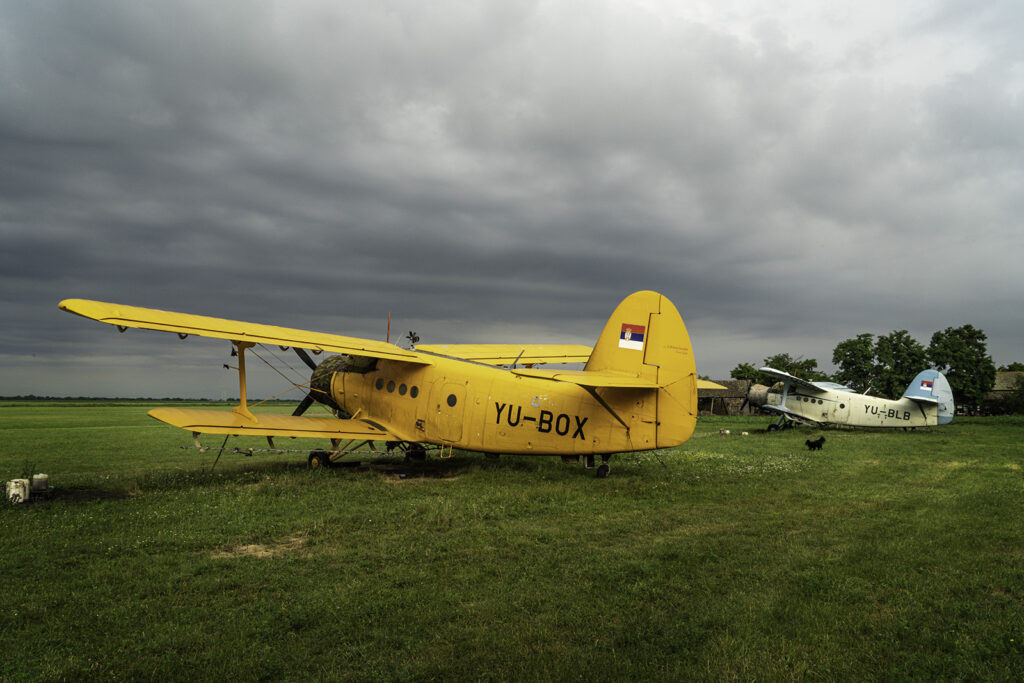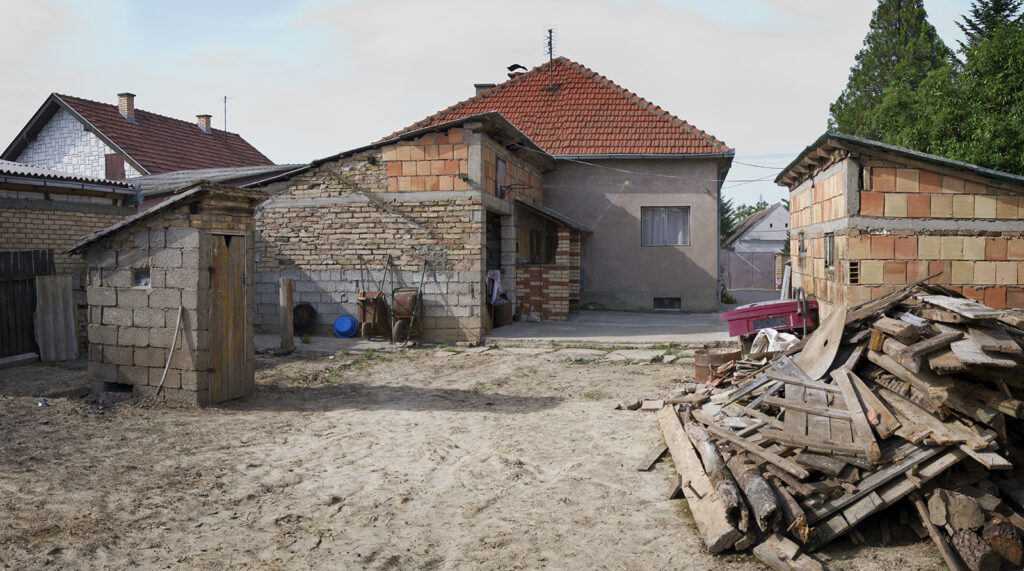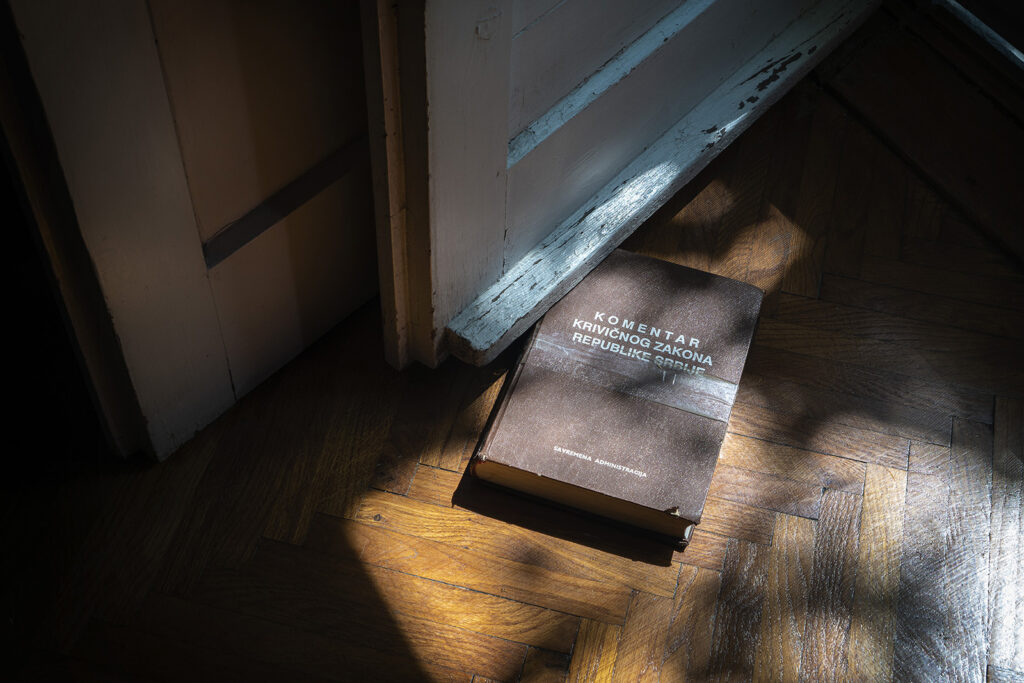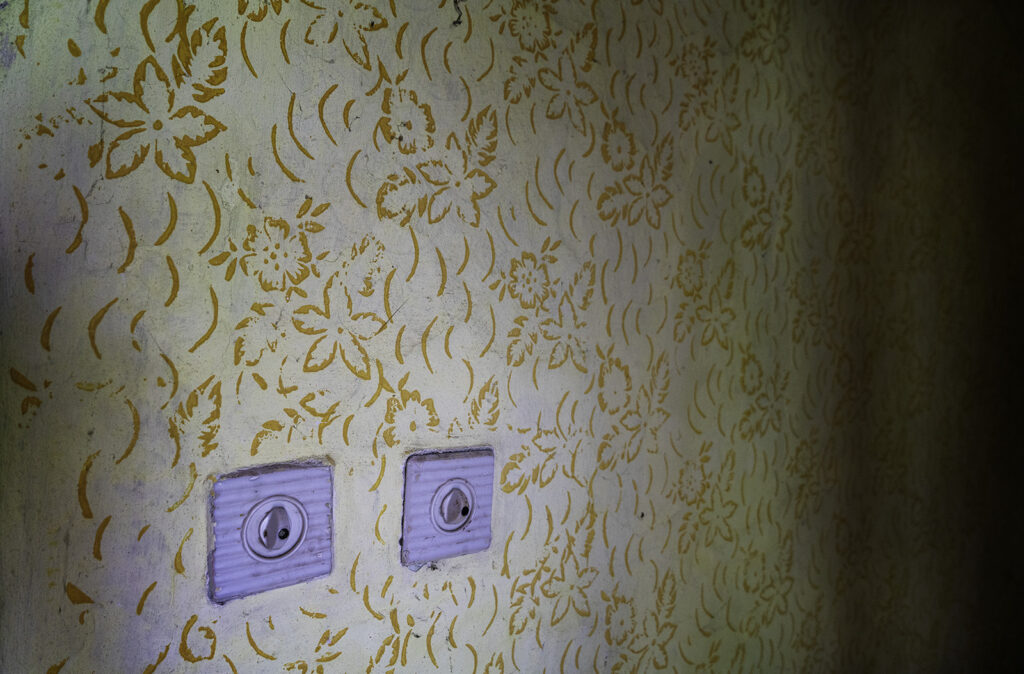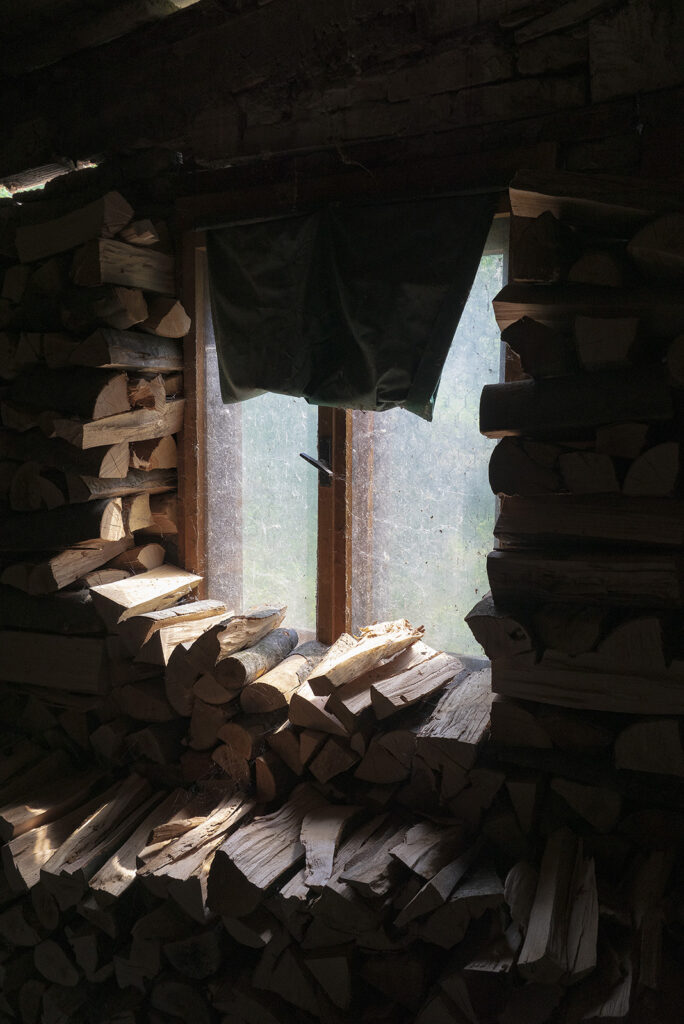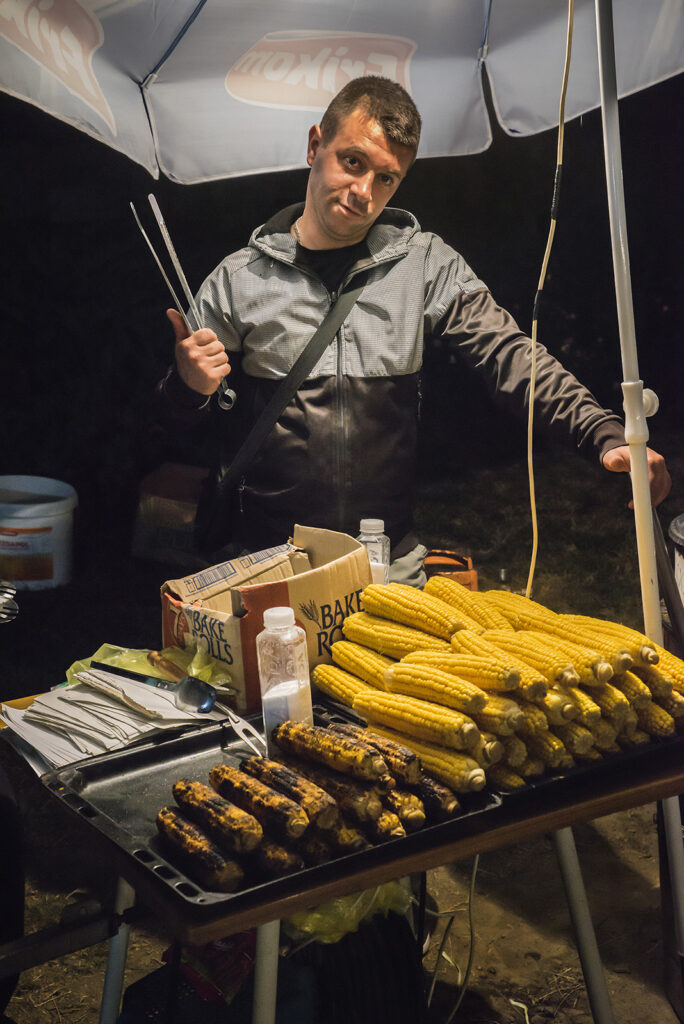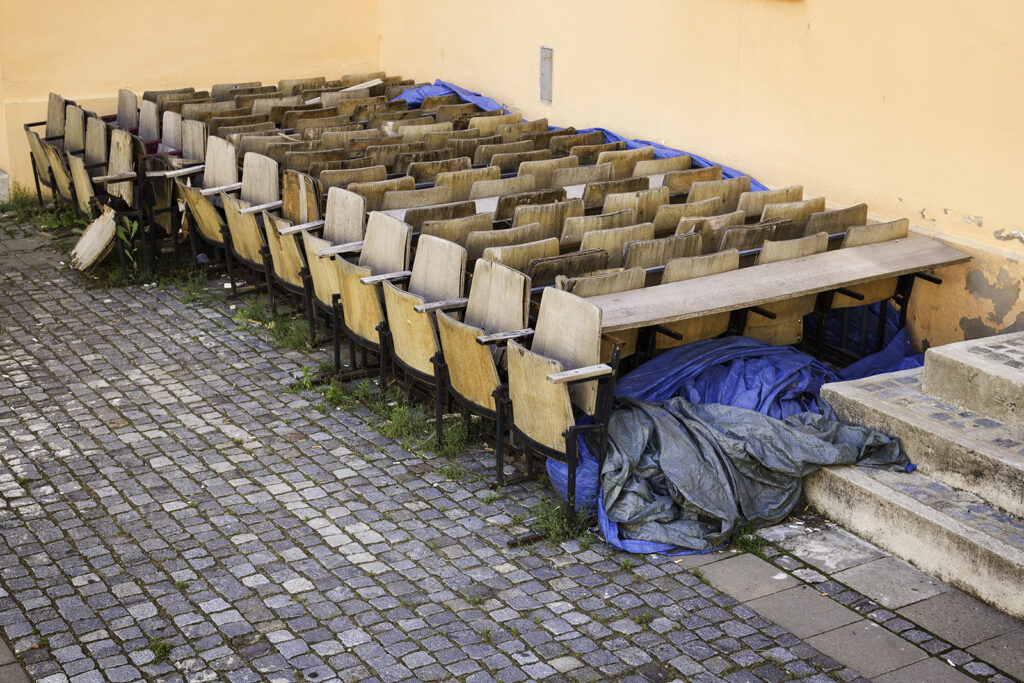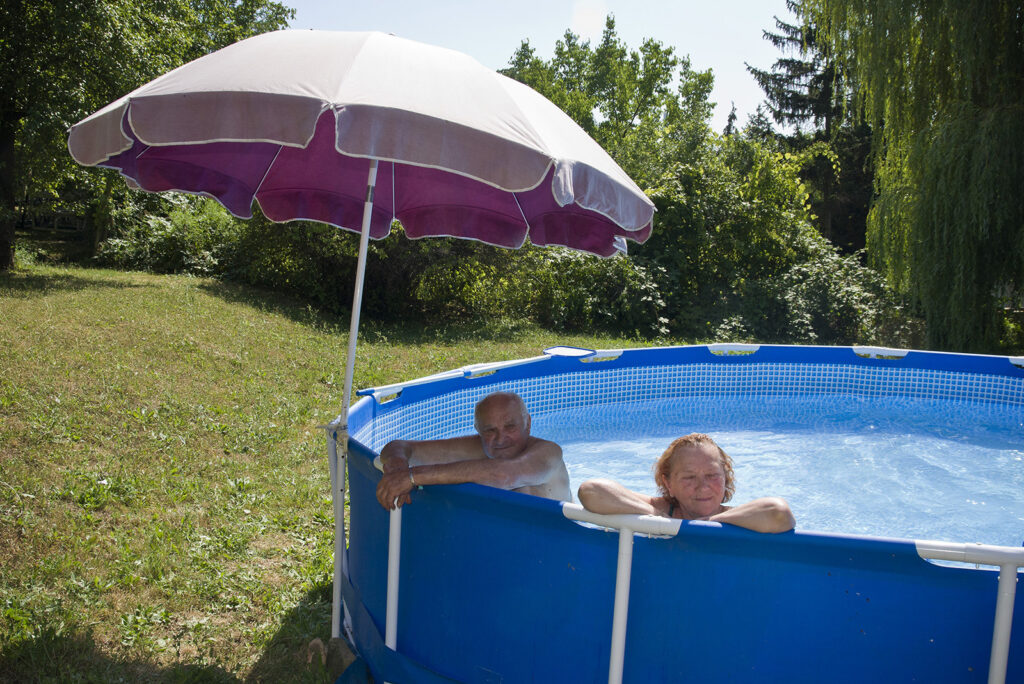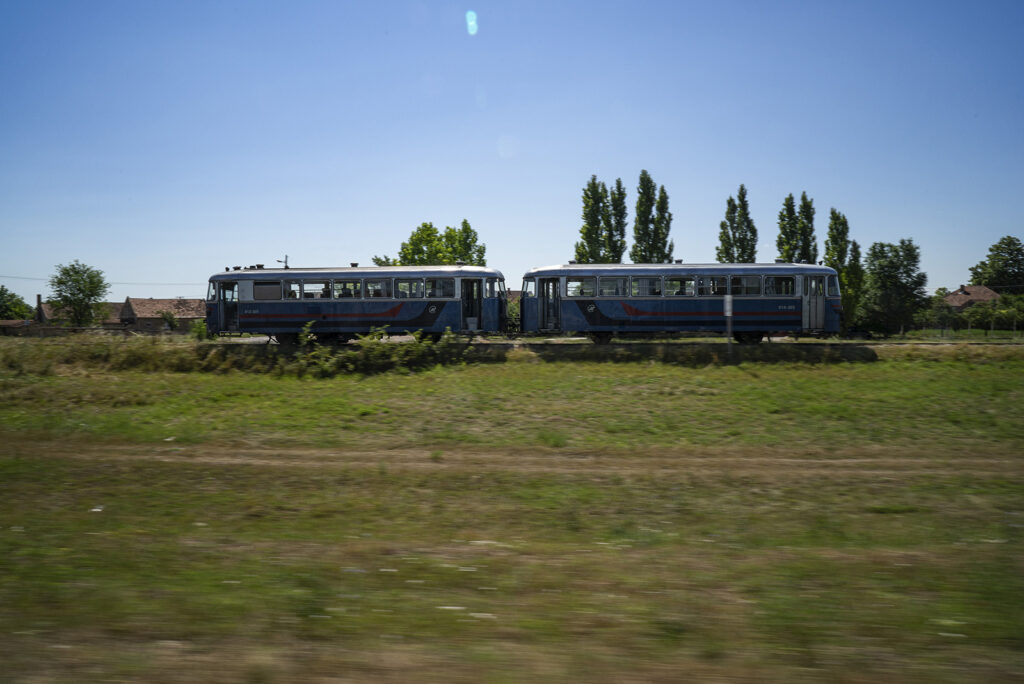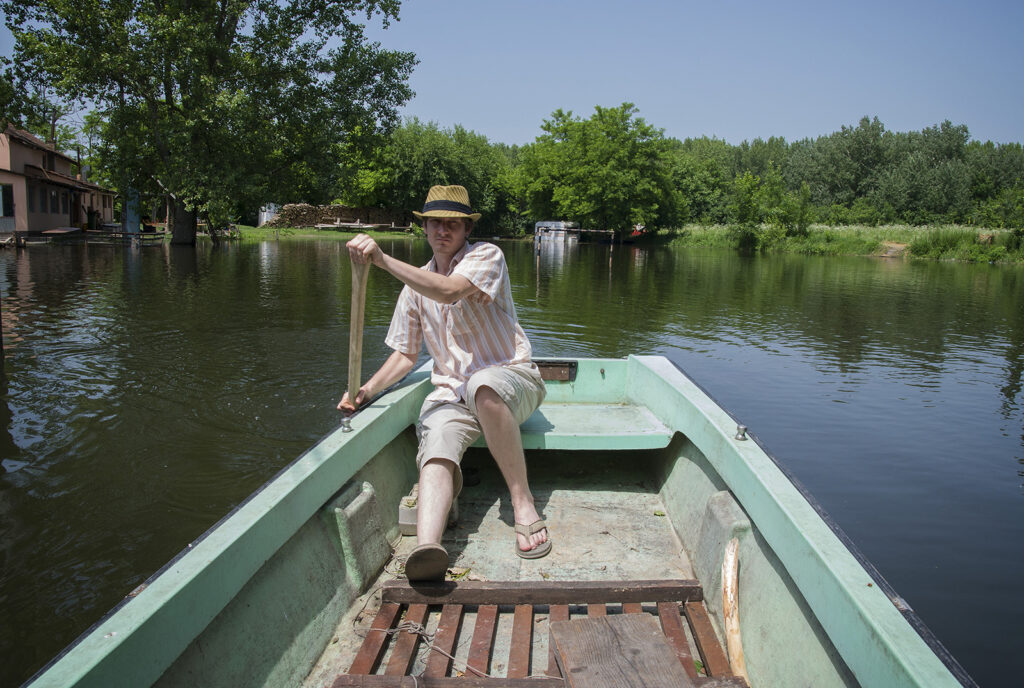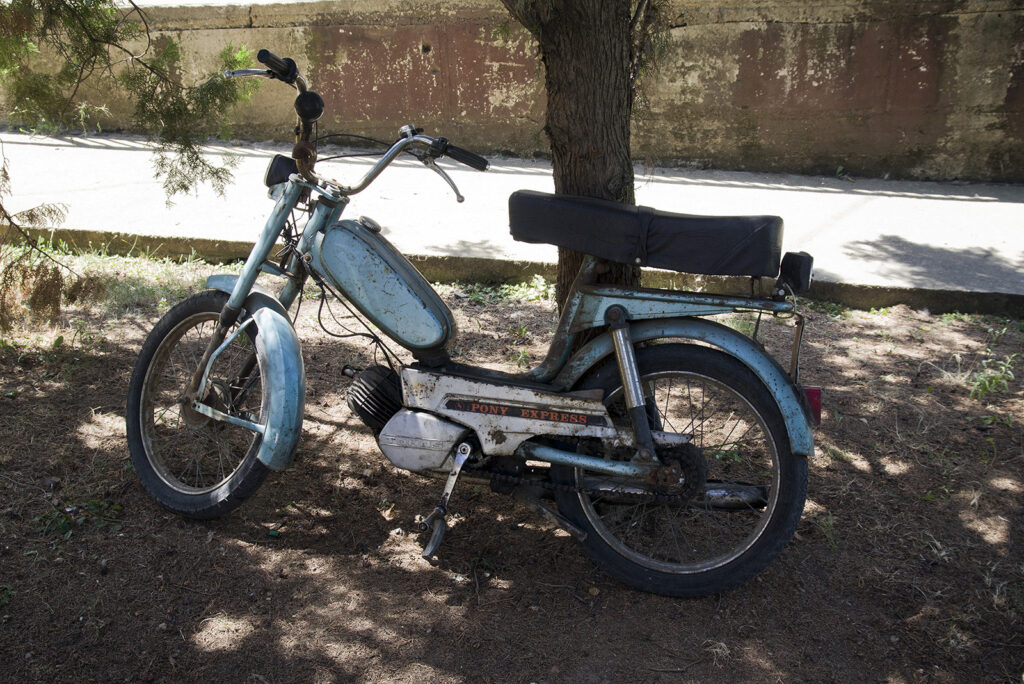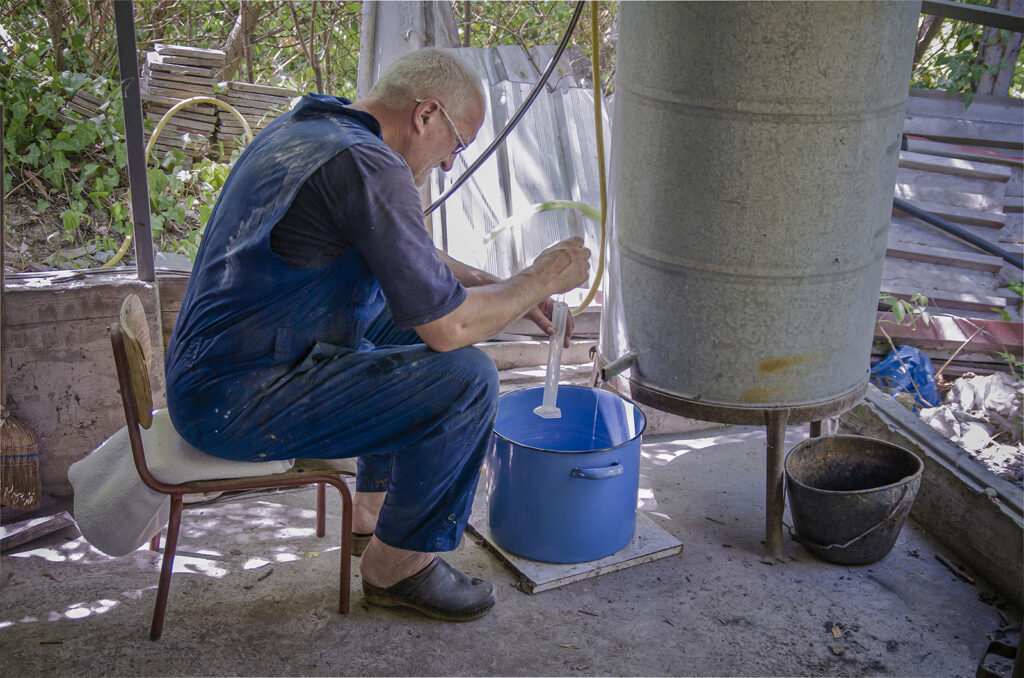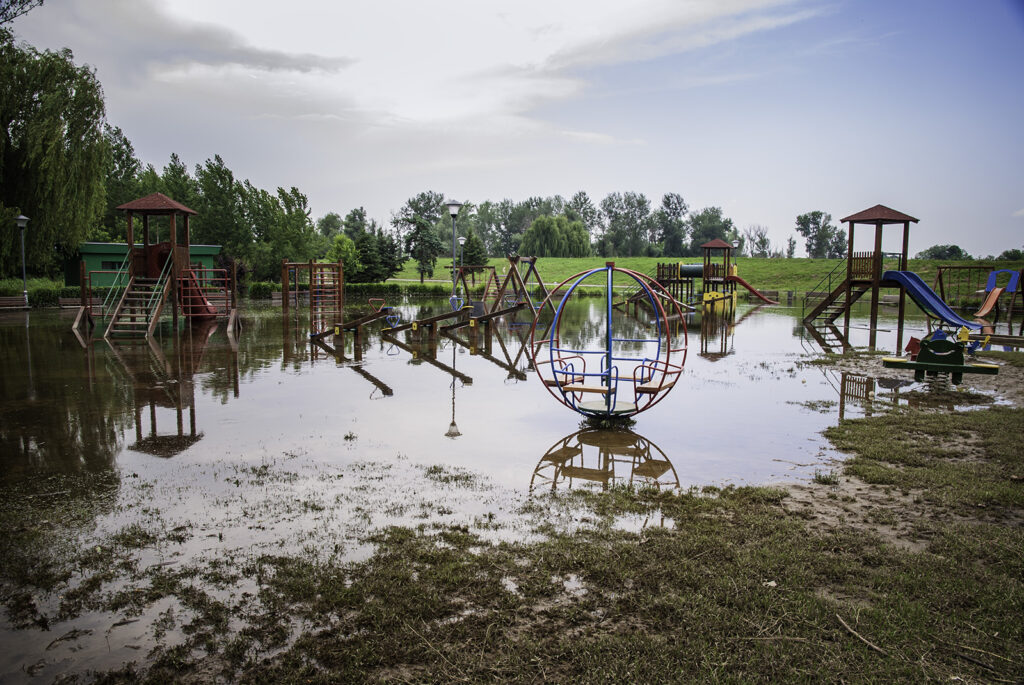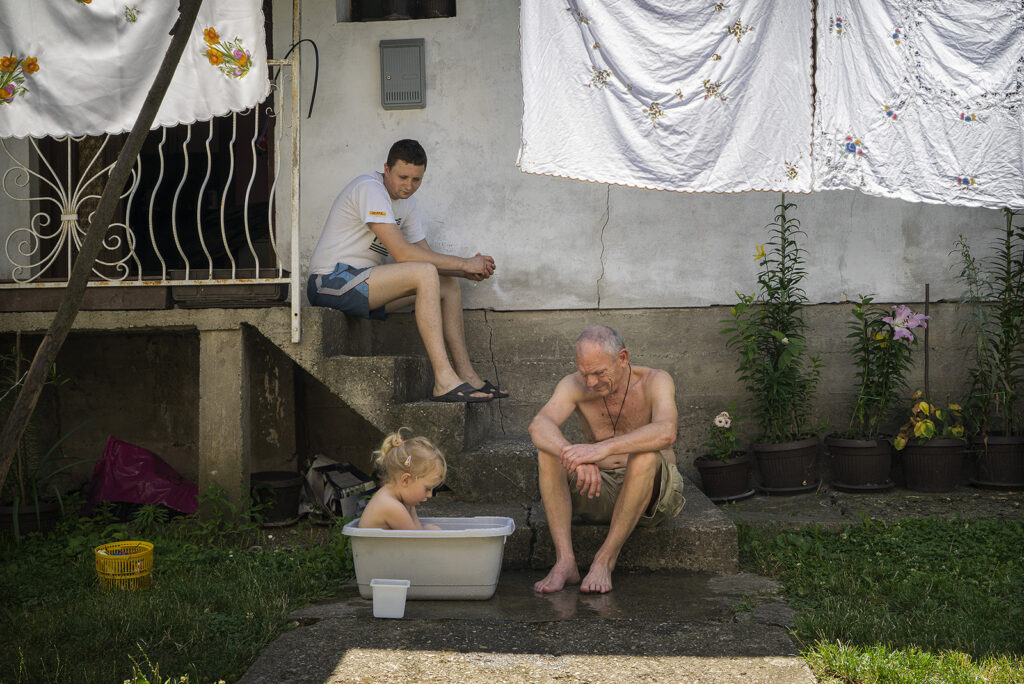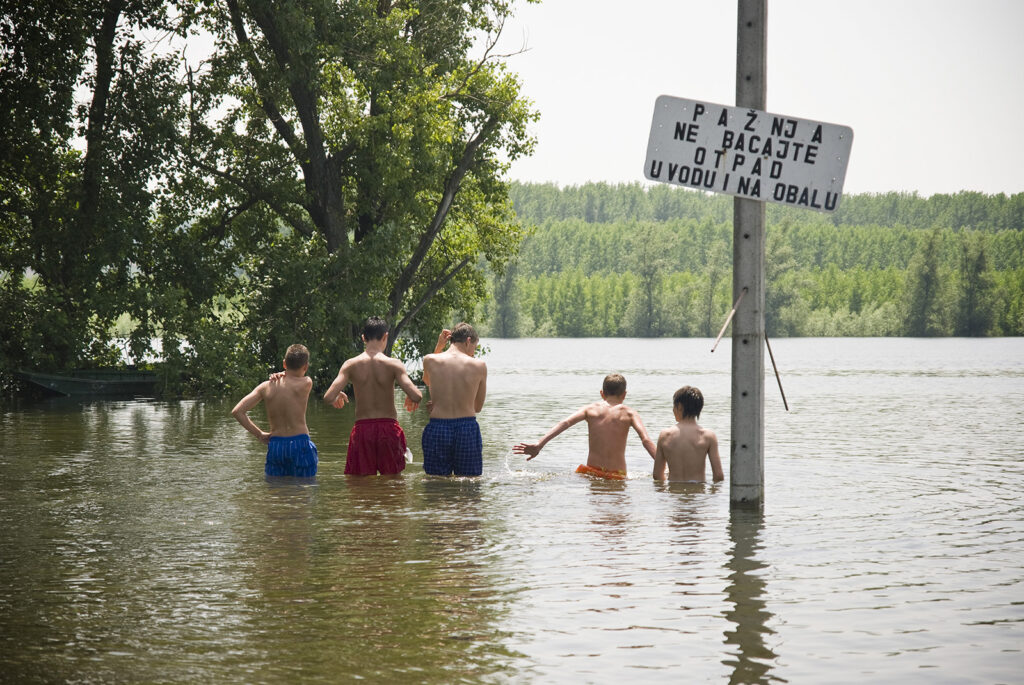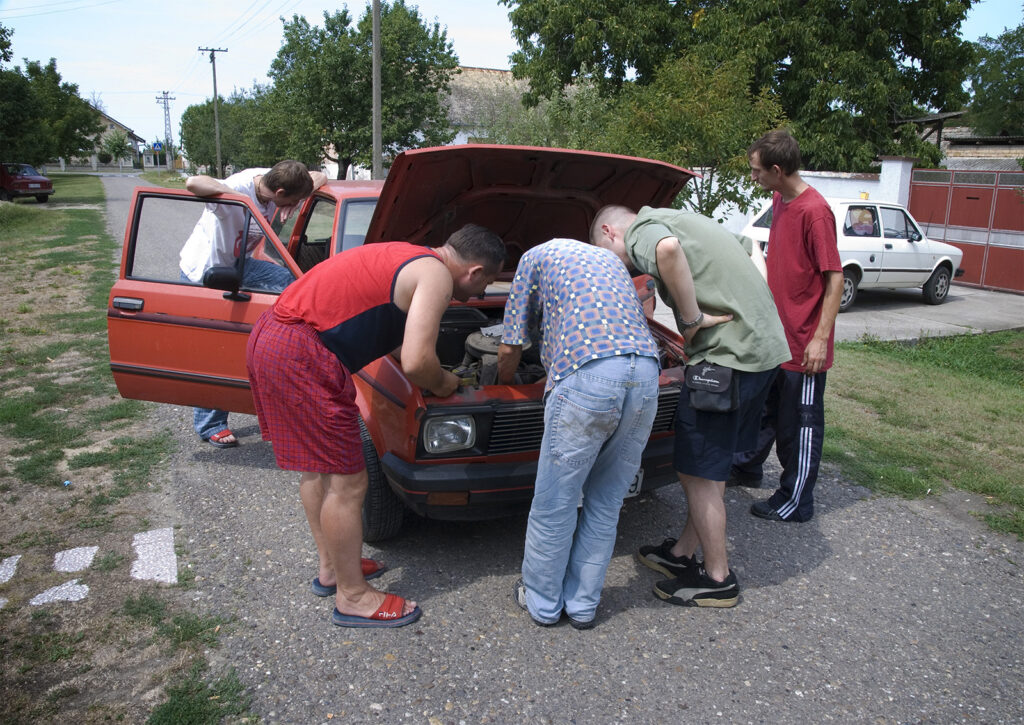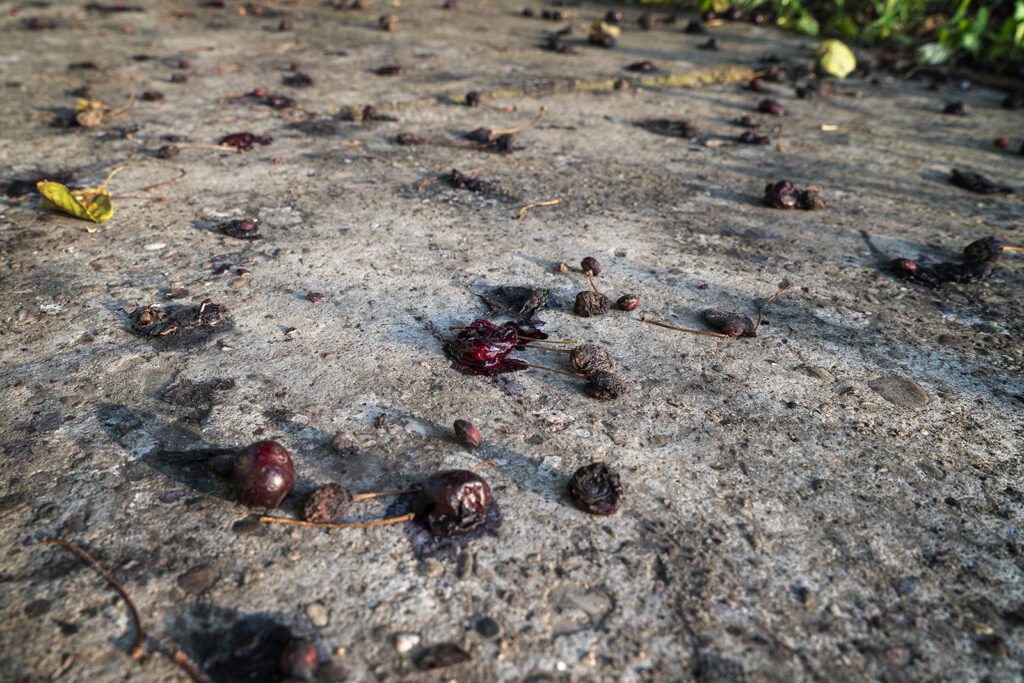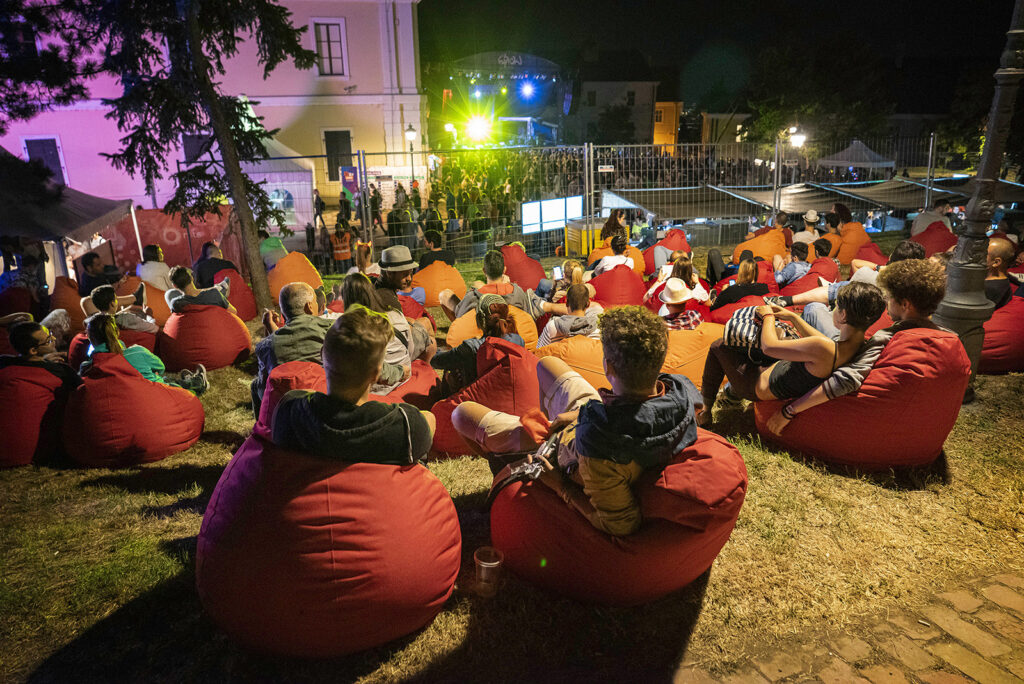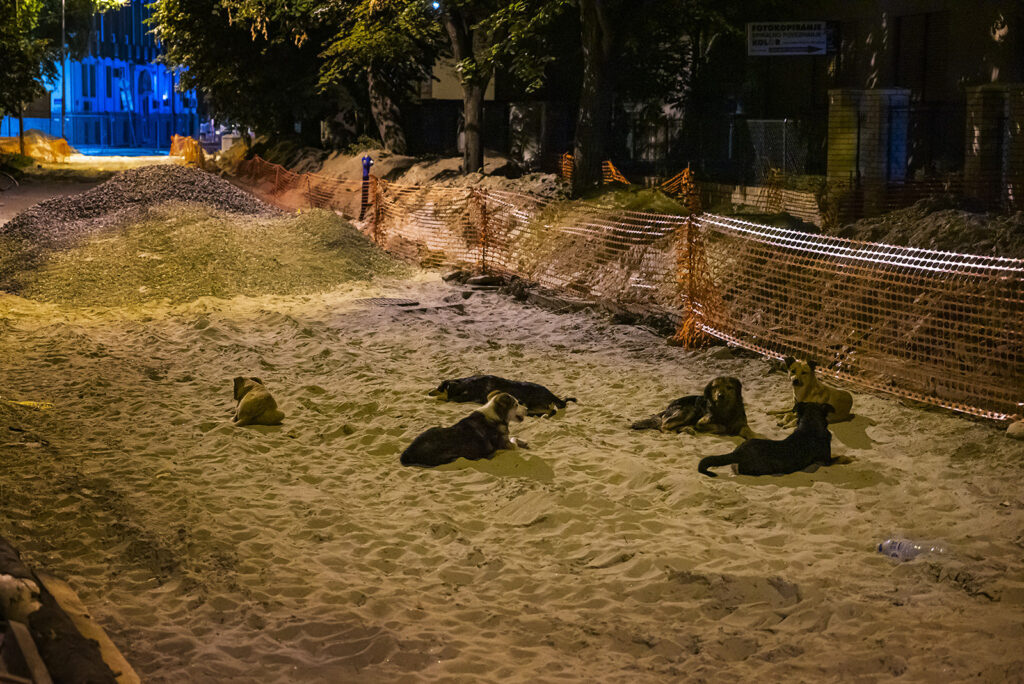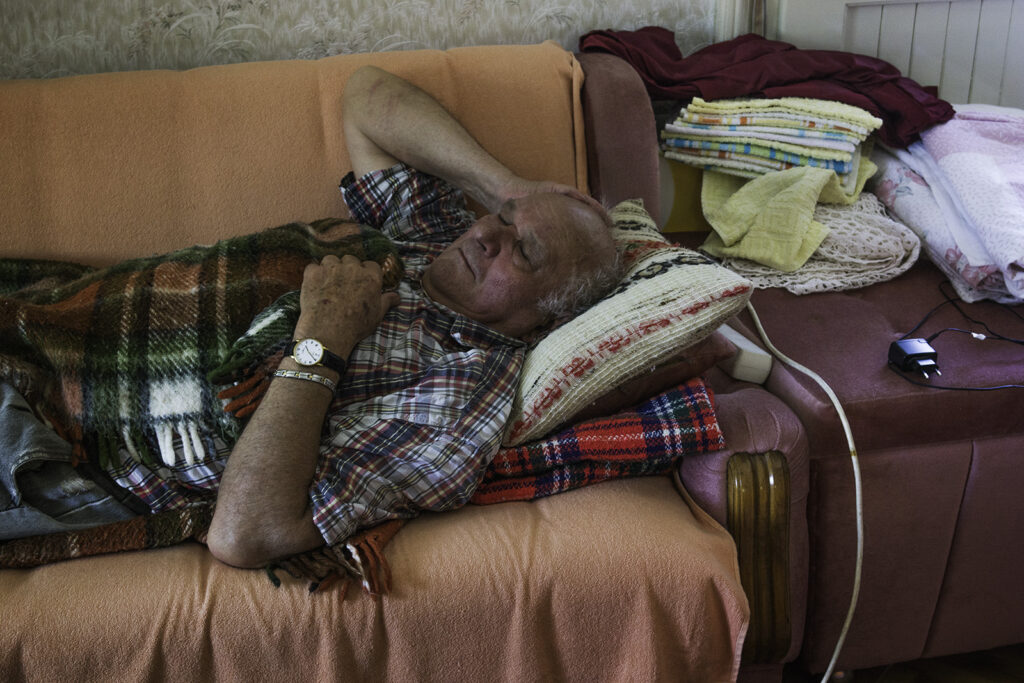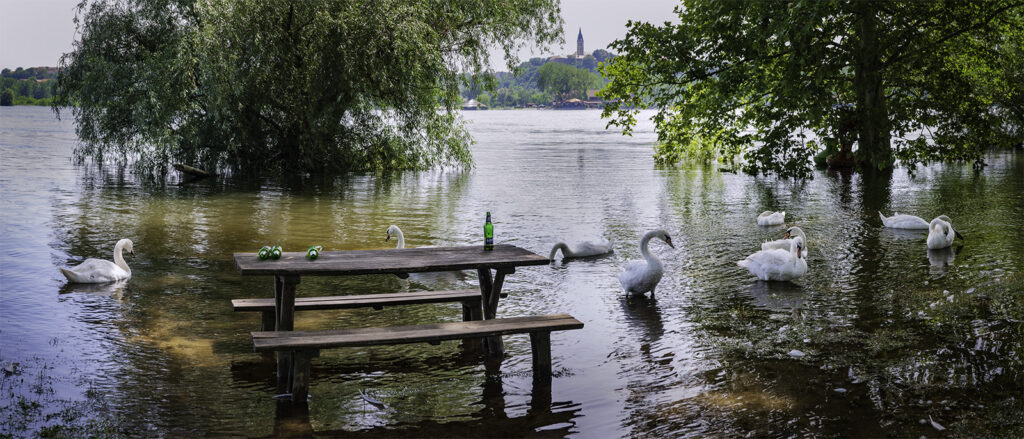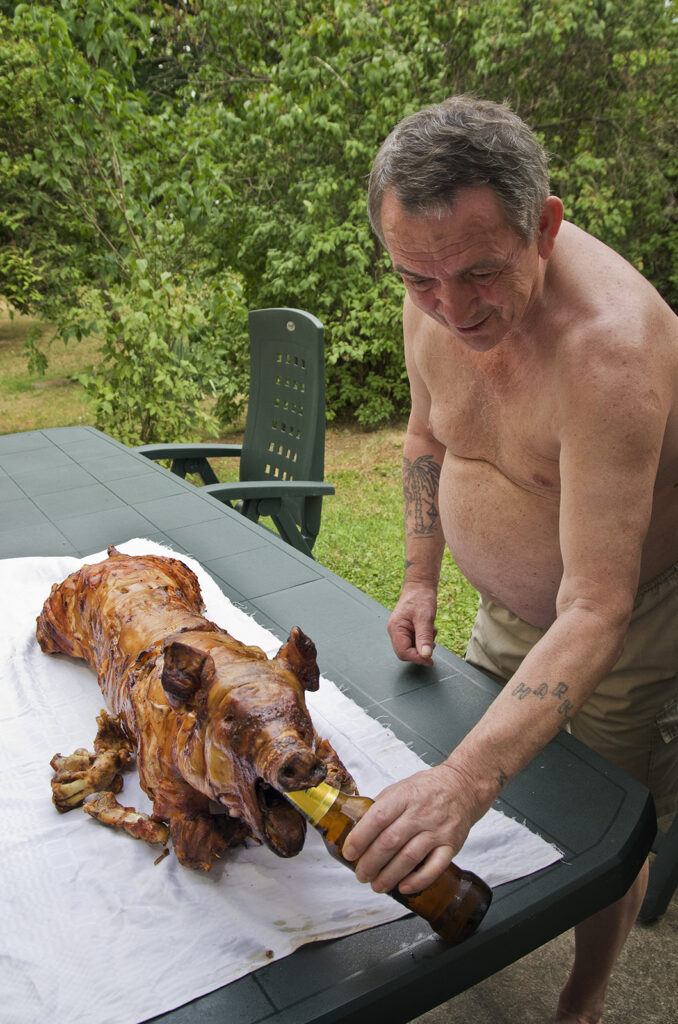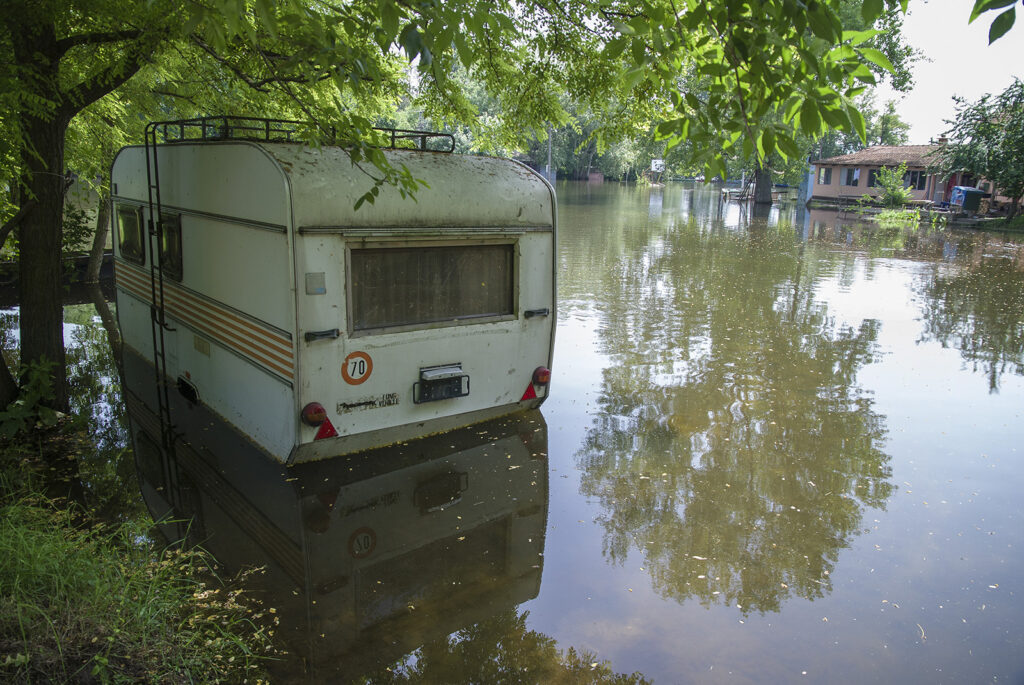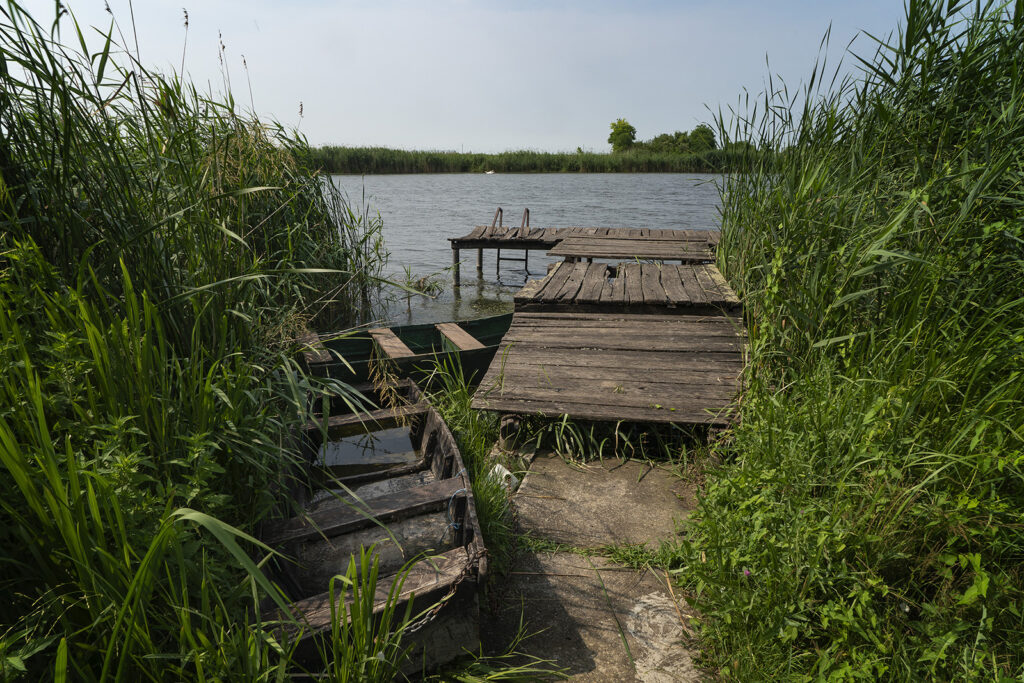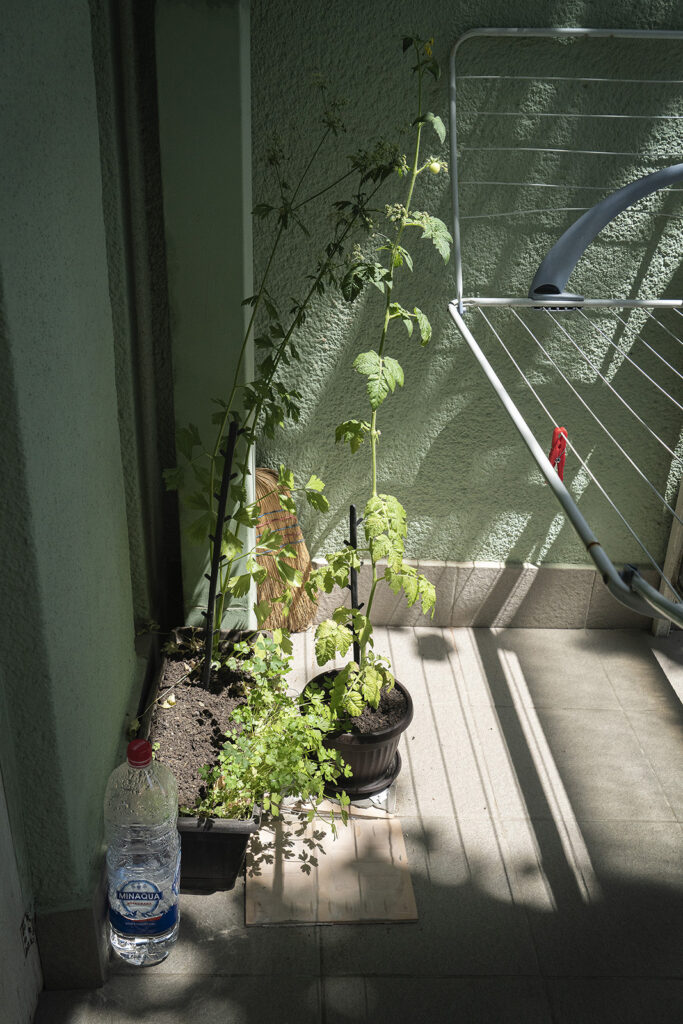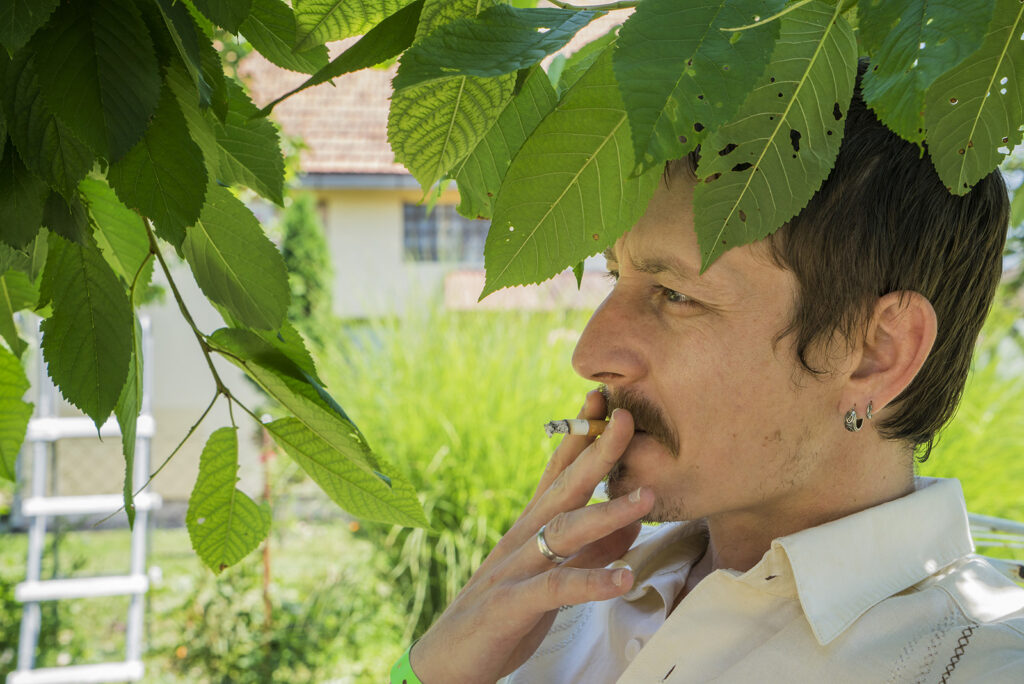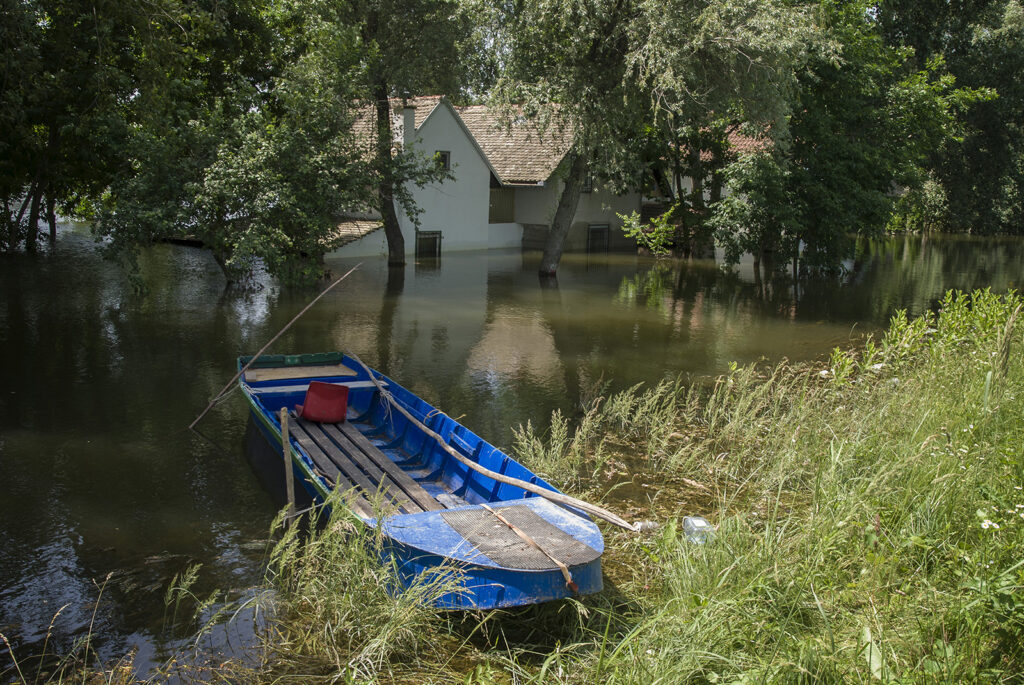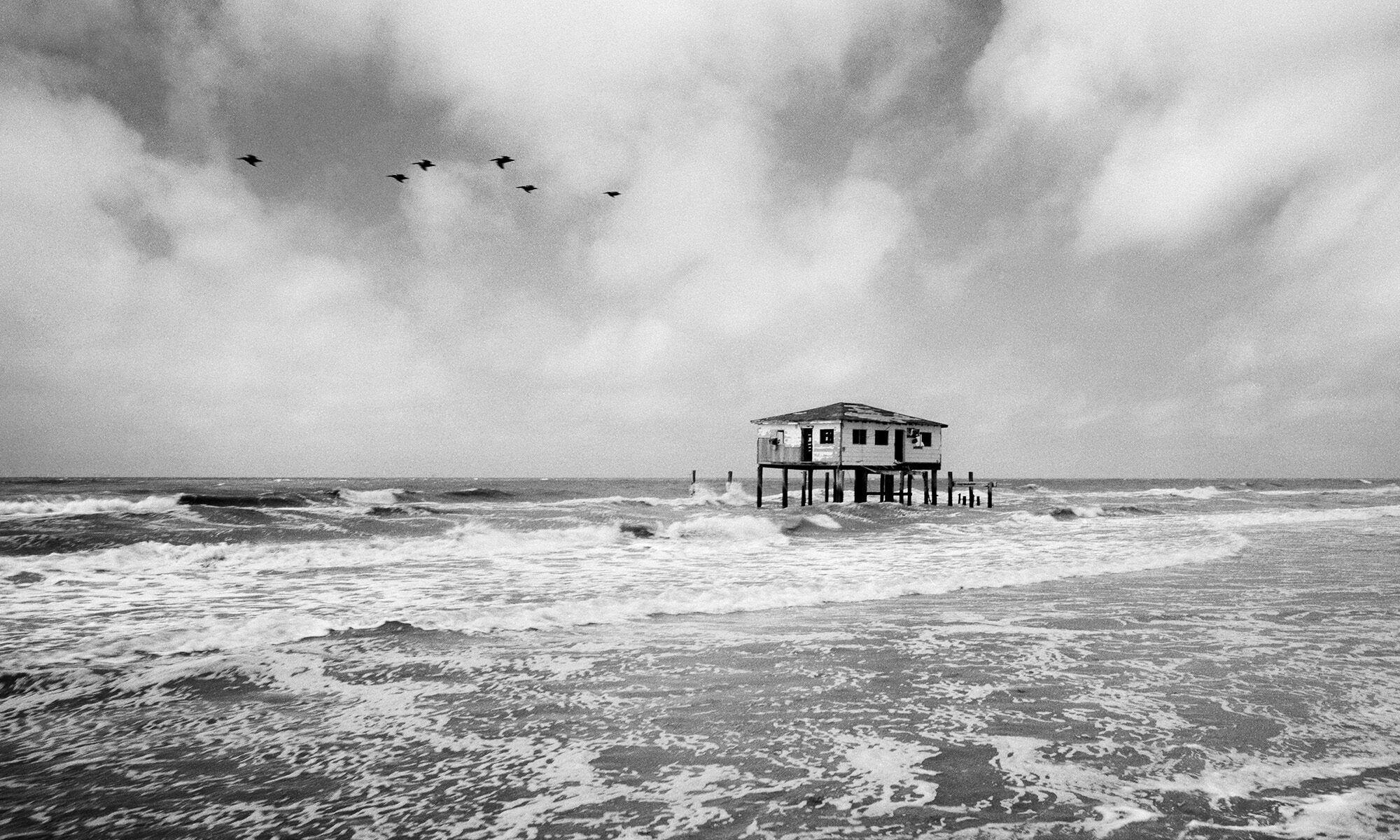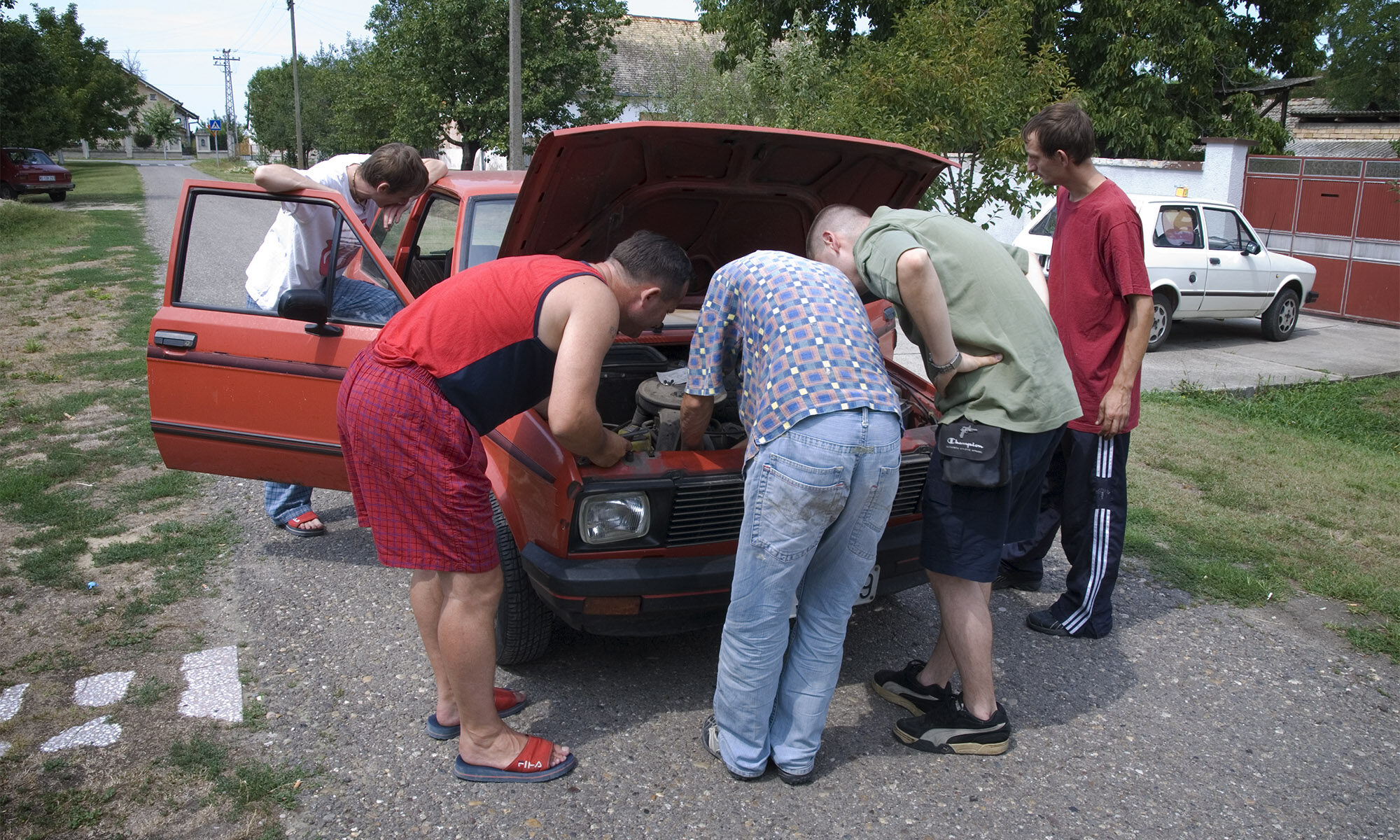Tales of Balkan Diaspora
I was born in Yugoslavia. Until I was seventeen, I lived in the town of Novi Sad, in Northern Serbia.

The country of Yugoslavia irrevocably ceased to exist in 2003, dissolving into its remaining states, Serbia and Montenegro, 85 years after its formation. Following the economic crisis in the 1970’s and 1980’s, the Socialist Federal Republic of Yugoslavia suffered a decade of painful economic embargo and bloody civil war. During those three decades, a large number of Serbs and other former Yugoslavians emigrated in search of a better life and economic security. The population of Serbia has been on a decline since the late 1990’s.
Like myself, the emigrants established their lives abroad, often separating from their families. Those who emigrated in the 60’s and 70’s live and work in Western Europe as Gastarbeiter (German for “guest workers”), with hopes of eventually retiring in their diminished homeland. Other, more recent emigrants and refugees, settled and naturalized in the United States, Canada, and as far away as Australia and New Zealand. The latest wave of skill and brain-drain leaves for European Union at the rate of 30 thousand per year. It is projected that Serbia will lose another 16% of total population by 2050.
In contrast to daily economic problems, summertime is a season of festivals and celebrations in Balkans. Gastarbeiters return to Serbia to reunite with the rest of their families. Some vacation, living large on their remittance, and some work on unfinished homes, in hopes of completing them before they retire.
The images in this series oscillate between portraits of my family and friends, narrative landscapes and still lives, echoing the fissure in my connection to the people and disassociation from the land I no longer regard as my own.
Summer is a period of fleeting stability for former Yugoslavians, a fragile paradise when old stories are re-told, and nostalgia outshines an unclear future. In these photographs of my close ones I layer the optimism of summer vacation over the trauma of lost generations and recent war.
